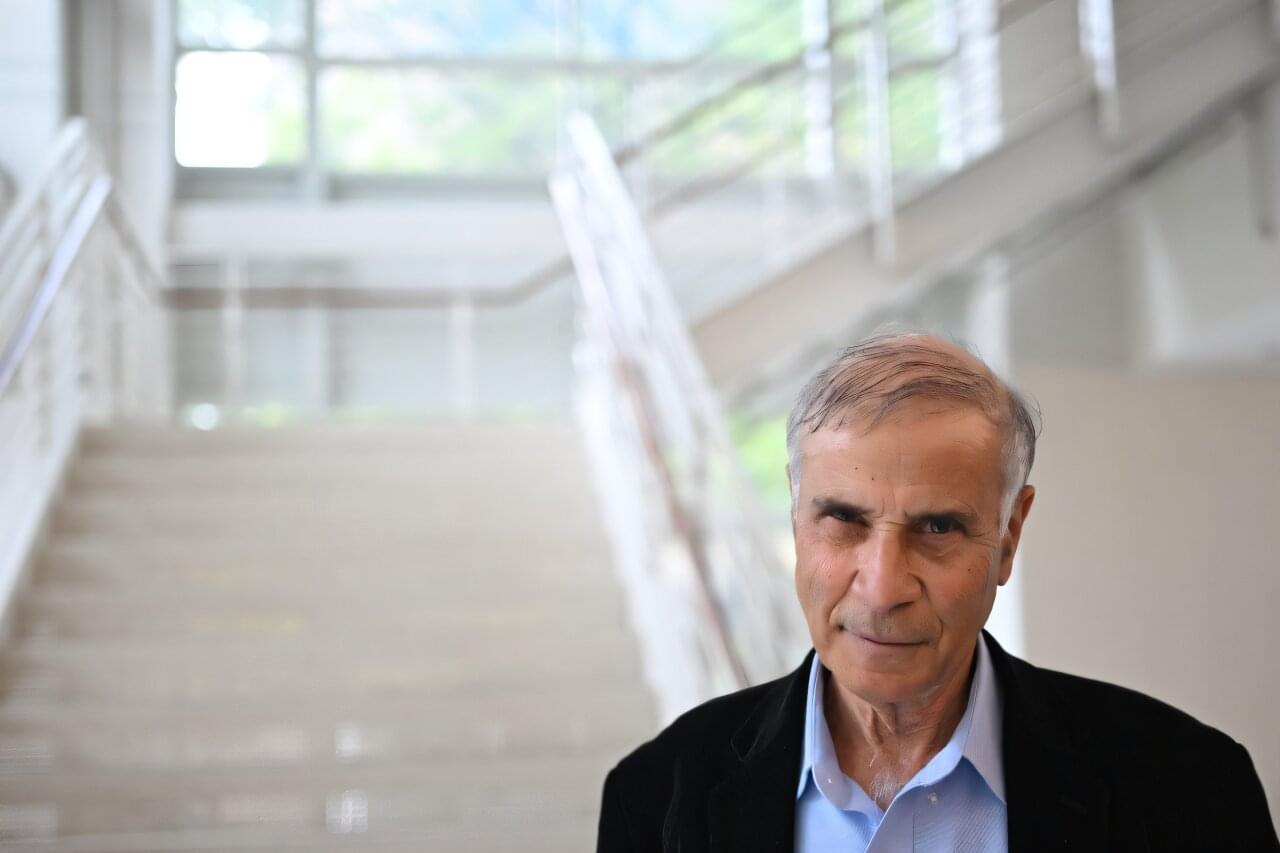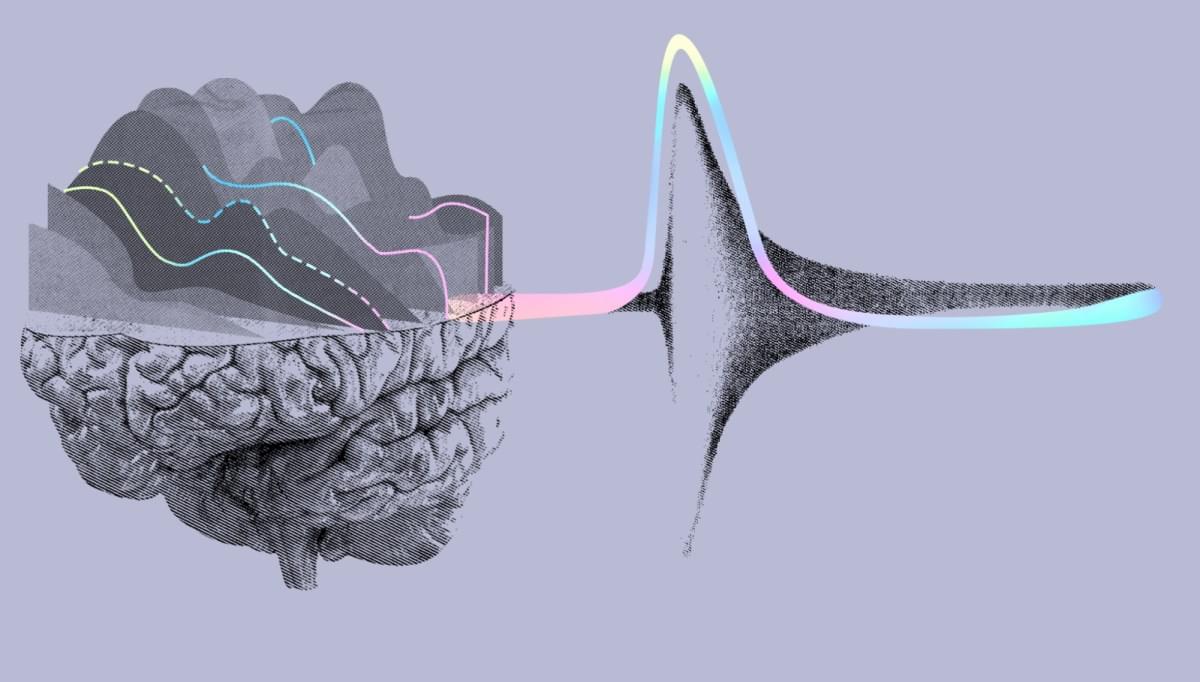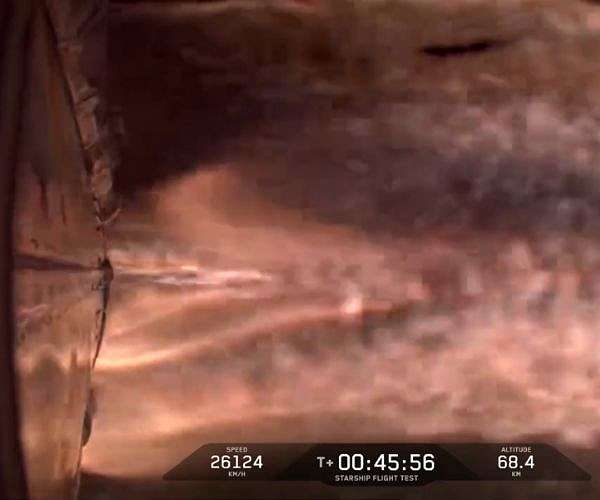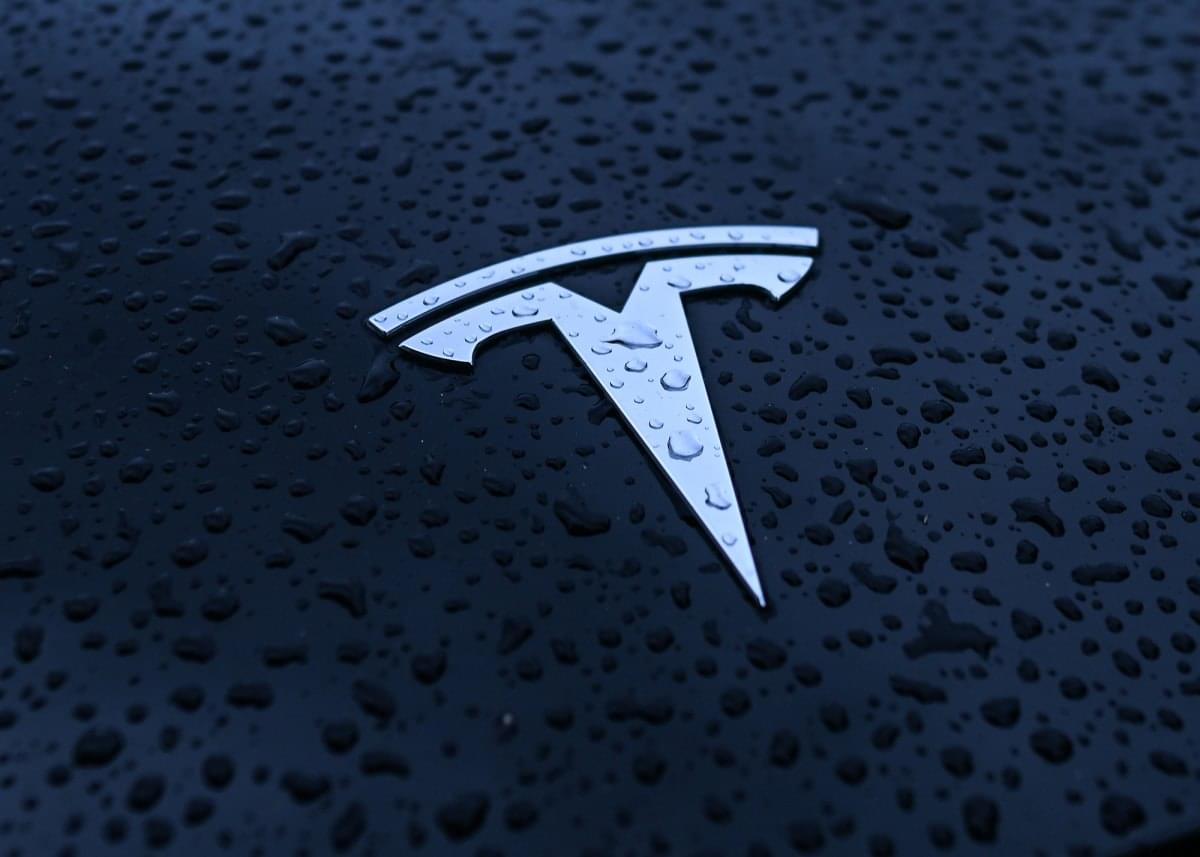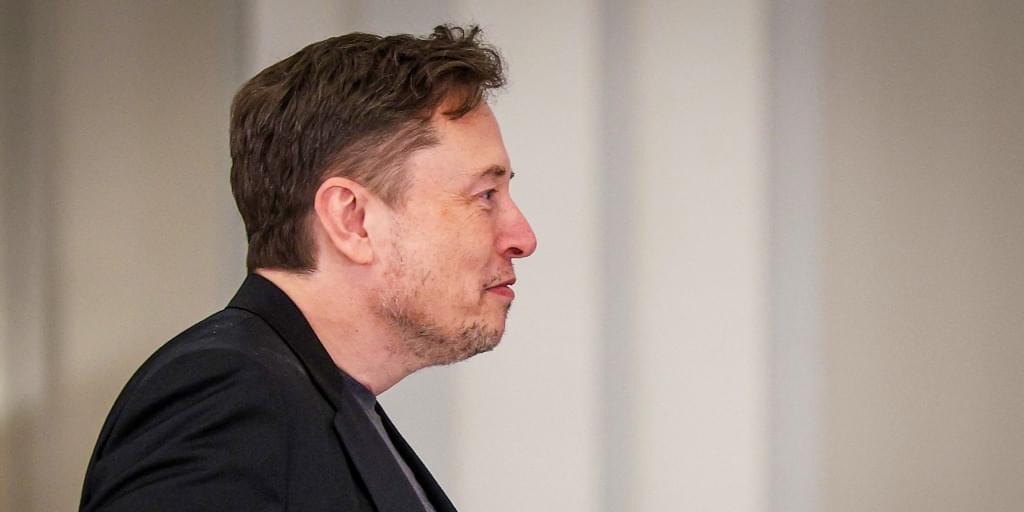Robert Zubrin quite literally wrote the book on why humanity should go to Mars—so why has the renowned aerospace engineer soured on Elon Musk, the billionaire entrepreneur leading the charge?
In an interview, the 73-year-old founder of the Mars Society delivered a blistering critique, accusing the world’s richest person of undermining the mission through divisive politics and a bleak vision of the Red Planet as an escape from Earth rather than a journey of hope.
“On one level, he’s absolutely instrumental in opening up this opportunity to get humans to Mars, both through the development of Starship and also the inspiration that has caused,” Zubrin told AFP, referring to Musk’s prototype rocket.
